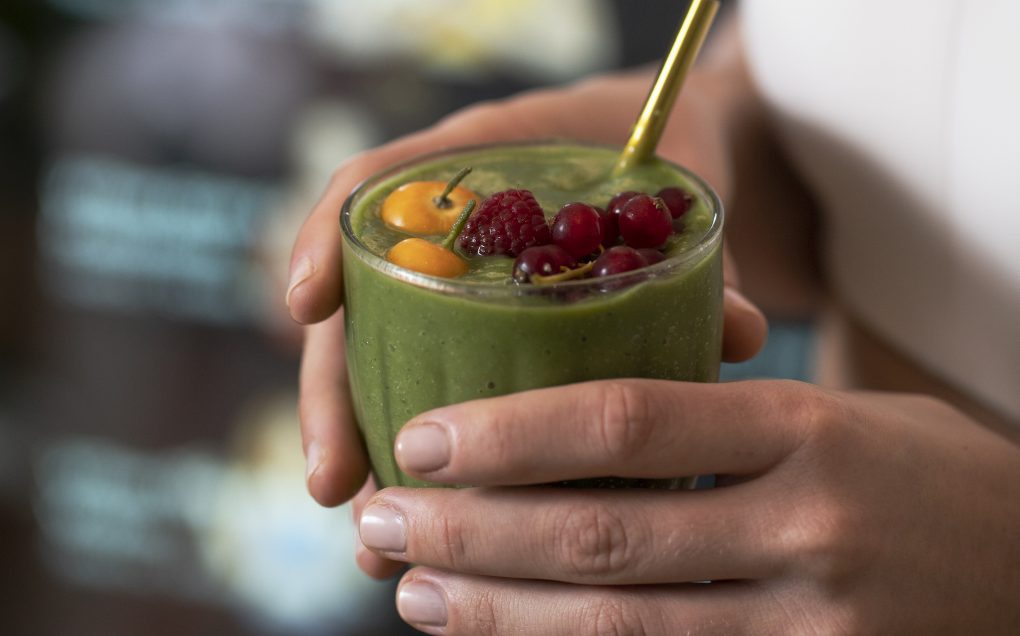More whole plant foods
“All disease begins in the gut” is a quote attributed to the Ancient Greek physician Hippocrates, and he wasn’t far off. The gut is not only a digestive organ – it is also home to around 70% of our immune system! Nutrition plays a decisive role in this: if the intestine is weakened, this also affects the immune system. In order to function properly, the immune cells in the intestine need a robust gut microbiome, meaning the community of healthy bacteria in your gut. A balanced diet with plenty of fibre from fruit and vegetables helps you support your gut microbiome and your immunity. Make sure you eat at least five portions of vegetables and fruit per day [1] to increase your daily fibre consumption. Whole grains and other fibre-rich foods (such as legumes and nuts) will help, too, since they stimulate digestion, increase blood flow and lower cholesterol and blood pressure. And don’t miss out on lactic acid and probiotic foods like yoghurt and sauerkraut to give your gut an extra dose of healthy bacteria. Try to avoid convenience foods, fast food and sweets: they promote inflammation in the body and weaken your resistance.
Drink a lot
A basic tip, but very effective! Hydration doesn’t necessarily protect you from germs and viruses, but it still is vital to your overall health. Water regulates your body temperature, keeps your joints supple, supplies the cells with nutrients and prevents infections. Moreover, dry mucous membranes caused, for example, by warm heating air are more susceptible to viruses and bacteria. Especially in autumn and winter, you should therefore make sure to drink enough. The best helpers for a healthy immune system are pure, filtered water and herbal teas – about two litres of water a day are recommended. Avoid alcohol: it deactivates parts of the immune system for 24 hours [2] and weakens your immunity.
Regular exercise
Regular exercise strengthens your immunity, especially endurance sports. Studies have shown that sport can both reduce stress (a potent antagonist for your immune system, see tip 6) and strengthen your immunity [3] by increasing the number of killer cells and antibodies. But be careful: sport should not itself become a stress factor. Excessive exercise to the point of exhaustion weakens your body instead of helping it. The effect of sport on the immune system thus depends on the duration and intensity of the exercise. In other words, exertion and recovery should always be evenly balanced. In addition, anyone who is already ill should refrain from exercising to give the body the necessary rest to regenerate.





